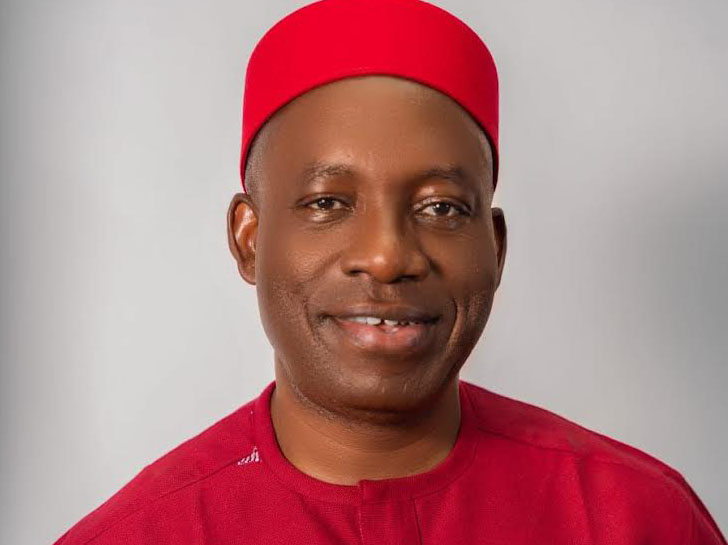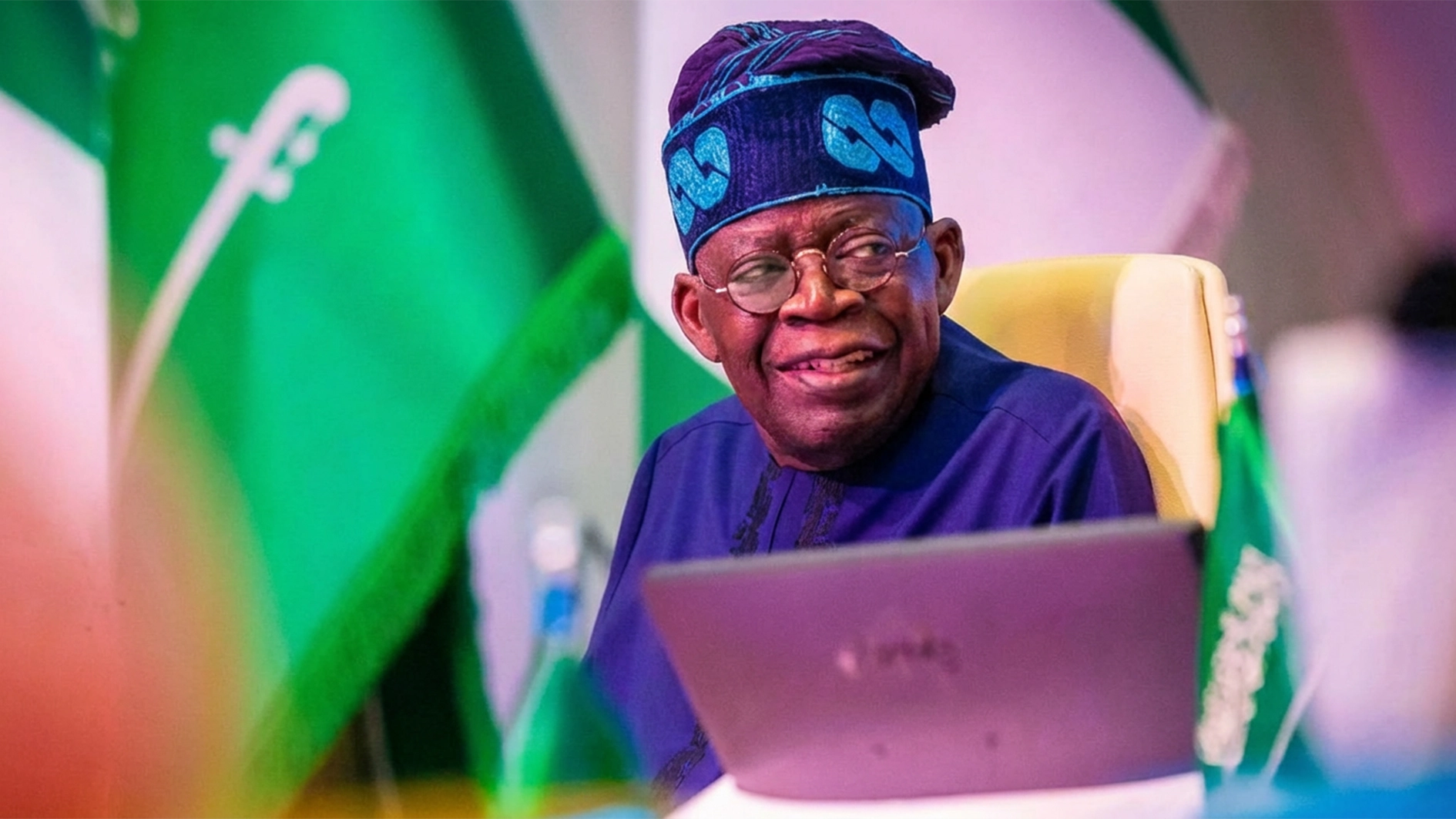
A Nigerian-US-based researcher has advocated for stronger collaboration between Nigeria and the United States to transform Nigeria’s steel industry.
Johnson Alabi, a materials researcher at the Missouri University of Science and Technology, emphasised the need to deploy cutting-edge technologies that would enhance sustainability and economic growth in the country.
The expert noted that with steel production contributing about 7% of global carbon emissions, there is an urgent need for Nigeria to take decisive steps toward decarbonization.
He noted that adopting advanced steelmaking technologies such as electric arc furnaces (EAFs) and carbon capture, utilisation, and storage (CCUS) could significantly reduce the industry’s environmental impact.
He explained that EAF technology, which primarily uses recycled steel scrap, is an energy-efficient alternative to traditional blast furnaces, leading to lower emissions. He asserted that the Nigerian steel industry could cut its carbon footprint by up to 50% by integrating these advanced solutions without compromising operational efficiency.
Highlighting the potential for Nigeria to leverage U.S. technological advancements, Alabi stated that collaboration in areas such as machine learning, finite element analysis (FEA), and advanced metallurgical simulations could revolutionise the sector.
“Steel is the backbone of industrialisation, but its environmental cost cannot be ignored,” he said. “By modernising Nigeria’s steel sector with renewable energy and innovative composites, we can foster economic growth while addressing climate change—a win-win for global sustainability.”
According to Alabi, the United States is a global leader in advanced manufacturing and environmental technologies, positioning it as a strategic partner for Nigeria’s industrialisation.
He urged Nigeria to explore technology transfer partnerships with U.S. investors to introduce innovative steelmaking and composite fabrication techniques that reduce environmental harm while boosting industrial output.
READ ALSO: Jandor dumps PDP, accuses Bode George, party chairman of frustrating ambition
Beyond technology exchange, he pointed out the potential for U.S. investors to support Nigerian businesses that align with Environmental, Social, and Governance (ESG) principles. He also emphasised the need for joint research efforts between Nigerian and U.S. institutions to accelerate innovation in sustainable materials and manufacturing processes.
From an economic standpoint, Alabi projected that revitalising Nigeria’s steel and composites industry could create up to 500,000 jobs and significantly boost the nation’s GDP. For the U.S., he noted that the partnership would provide new markets for green technologies while enabling American companies to expand their expertise in sustainable industrialisation.
“Imagine the Ajaokuta Steel Complex transformed into a state-of-the-art facility powered by renewable energy,” Alabi said. “This would not only symbolise Nigeria’s commitment to sustainable industrialisation but also position the country as a key supplier of high-quality, low-carbon steel.”
Additionally, he suggested that Nigeria’s growing composite materials industry could become a crucial supplier for the electric vehicle and renewable energy sectors. He pointed out that major U.S. companies, such as Tesla and General Electric, could source sustainable materials from Nigeria, reinforcing their environmental commitments while strengthening economic ties between the two nations.
With Nigeria seeking to industrialise while mitigating environmental impact, Alabi’s call for Nigeria-U.S. collaboration underscores the need for strategic partnerships that harness technological innovation for mutual prosperity.






